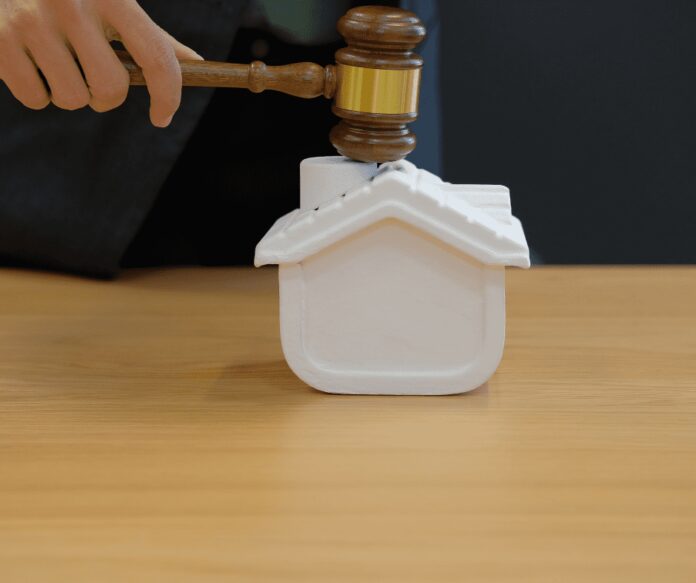Property disputes, a prevalent issue in the real estate realm, can be a source of significant stress and financial strain for both individuals and businesses. These disputes, often intricate and multifaceted, can arise from various scenarios, ranging from boundary disagreements to lease violations. The repercussions of unresolved property disputes can be long-lasting, affecting its values and tarnishing relationships. This article delves deep into the world of these disputes, offering valuable insights into legal strategies that can pave the way for amicable resolutions.
Understanding Property Disputes

At its core, a property dispute arises when there’s a disagreement regarding the ownership, use, or rights associated with a property. Common scenarios include conflicting property titles, boundary disagreements, and disputes arising from lease agreements. These conflicts can involve various asset types, such as residential homes, commercial establishments, or even vacant plots of land. Given the complexities and potential legal ramifications, seeking legal guidance becomes paramount. A seasoned legal professional can provide clarity, ensuring that the rights of involved parties are upheld.
Negotiation and Mediation
Before diving into litigation, negotiation and mediation stand out as preferred initial strategies. These methods promote open communication, allowing parties to voice concerns and collaboratively seek solutions. Mediation, in particular, involves a neutral third party—the mediator—who facilitates discussions, ensuring they remain constructive. The mediator’s role isn’t to impose a solution but to guide parties towards a mutually beneficial resolution. This collaborative approach often leads to faster, less contentious outcomes.
Title and Ownership Disputes

One of the most common property disputes revolves around its titles and ownership claims. Such disputes can arise from outdated records, clerical errors, or fraudulent activities. Legal professionals can conduct comprehensive title searches, verifying ownership rights and identifying potential conflicts. Resolving these disputes is crucial, ensuring that property transactions are valid and protecting buyers from potential legal entanglements.
Boundary Disputes
Disagreements over property boundaries, often stemming from inaccurate surveys or longstanding misconceptions, can lead to heated conflicts. Determining accurate lines becomes essential. Legal actions, such as quiet title actions, can help in officially determining and recording property boundaries, ensuring that both parties’ rights are recognized and upheld.
Easements and Rights of Way

Easements grant individuals or entities specific rights over someone else’s property, often leading to disputes. Whether it’s a path across a property or utility access, understanding and enforcing easement agreements is crucial. Legal professionals play a pivotal role in interpreting these agreements, ensuring that its rights aren’t infringed upon. In cases of disagreements, negotiations can lead to alternative access routes, mitigating potential conflicts.
Lease and Tenancy Disputes
The landlord-tenant relationship can be a breeding ground for disputes. From eviction proceedings due to lease violations to disagreements over property maintenance, these conflicts require careful navigation. Adhering to lease agreements and understanding the legal rights of both parties is essential. Eviction proceedings, when necessary, must be conducted legally, while tenants also have specific remedies available to address grievances.
Litigation and Legal Recourse

When amicable resolutions seem elusive, litigation might become inevitable. This process involves filing a lawsuit, meticulously gathering evidence, and presenting arguments before a court. The outcomes of litigation can vary, but having competent legal representation can significantly influence the verdict, ensuring that justice is served.
Alternative Dispute Resolution (ADR)
Beyond traditional litigation, Alternative Dispute Resolution offers methods like arbitration and collaborative law. These approaches, conducted outside the courtroom, are often more flexible and efficient. ADR fosters a collaborative environment, focusing on mutually beneficial solutions rather than contentious battles.







